
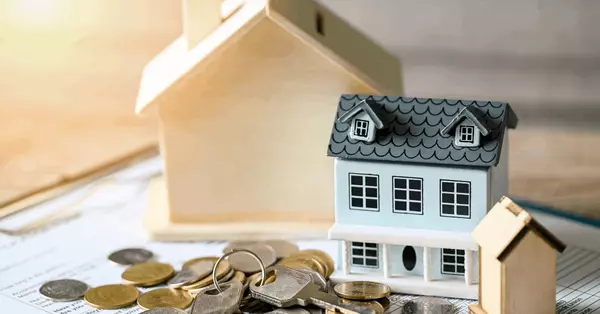
How to Build Credit
Building a credit score is crucial in the years leading up to buying a home. If you’ve never opened a credit card or taken out a loan, you might have zero credit, which can make it difficult for a lender to assess your reliability as a borrower. Without a credit history, getting approved for a loan
Read More

How Are Mortgage Rates Determined?
When you check with a lender, you’ll see advertised mortgage rates. But will you qualify for those rates? It all comes down to risk—the higher the risk for the lender, the higher the interest rate you’ll pay. Lenders base your mortgage interest rate on several factors—some you can control, and othe
Read More
Categories
- All Blogs (36)
- Buyer Stories (1)
- Buyer tips (7)
- Buyers (3)
- Buying (2)
- Buying Advice (3)
- Buying Assistance (3)
- Credit & Debt (2)
- Down Payment (1)
- Financing (8)
- Financing Options (1)
- First Time Home Buyer (20)
- Foreclosures (1)
- Interest Rates (2)
- Loans (4)
- Military (5)
- Mortgage Interest Rates (1)
- Mortgage Rates (1)
- New Construction (1)
- Personal Finance (2)
- Refinance (1)
- Tax tips (1)
- Title & Closing (1)
- VA Loans (1)
Recent Posts

Honoring Military Spouses: A Day of Appreciation and Gratitude

Preparing Your Finances for an Upcoming Deployment

Helping Your Military Kid Adjust to a New School

Why Military Life Has Its Perks
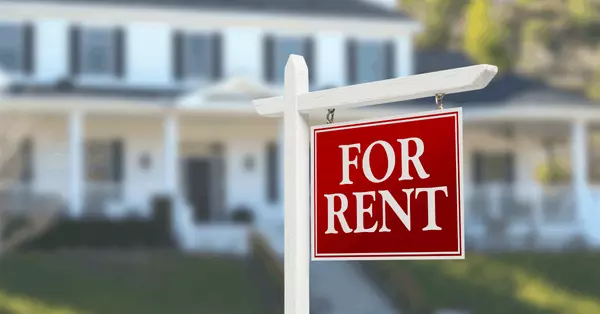
Interested in Becoming a Military Landlord?

How to Build Credit
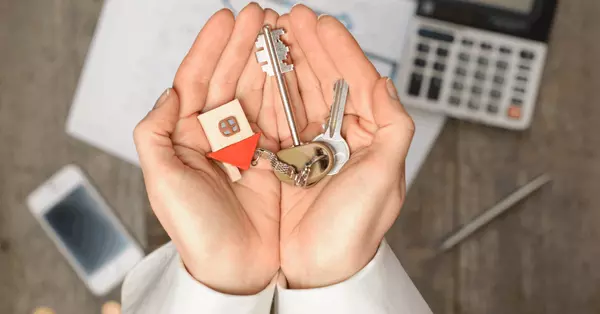
What Is Escrow?
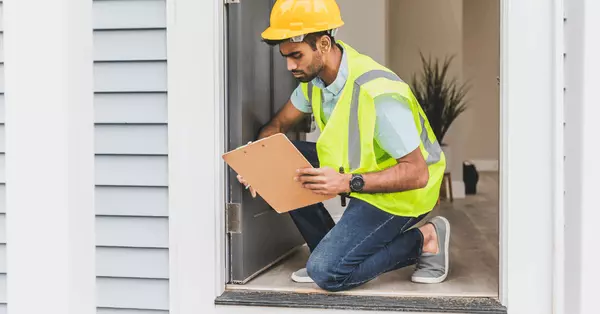
Inspection vs. Appraisal for Home Buyers
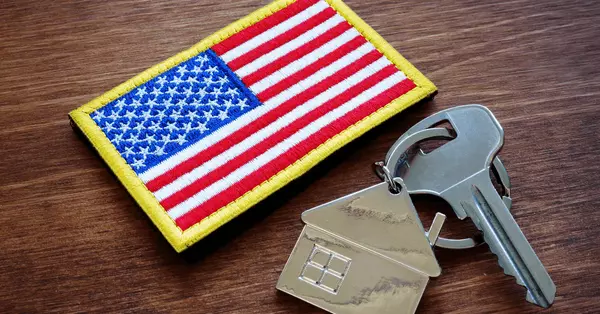
VA Loan Closing Costs: What Fees Should You Expect?

What Is Earnest Money?
